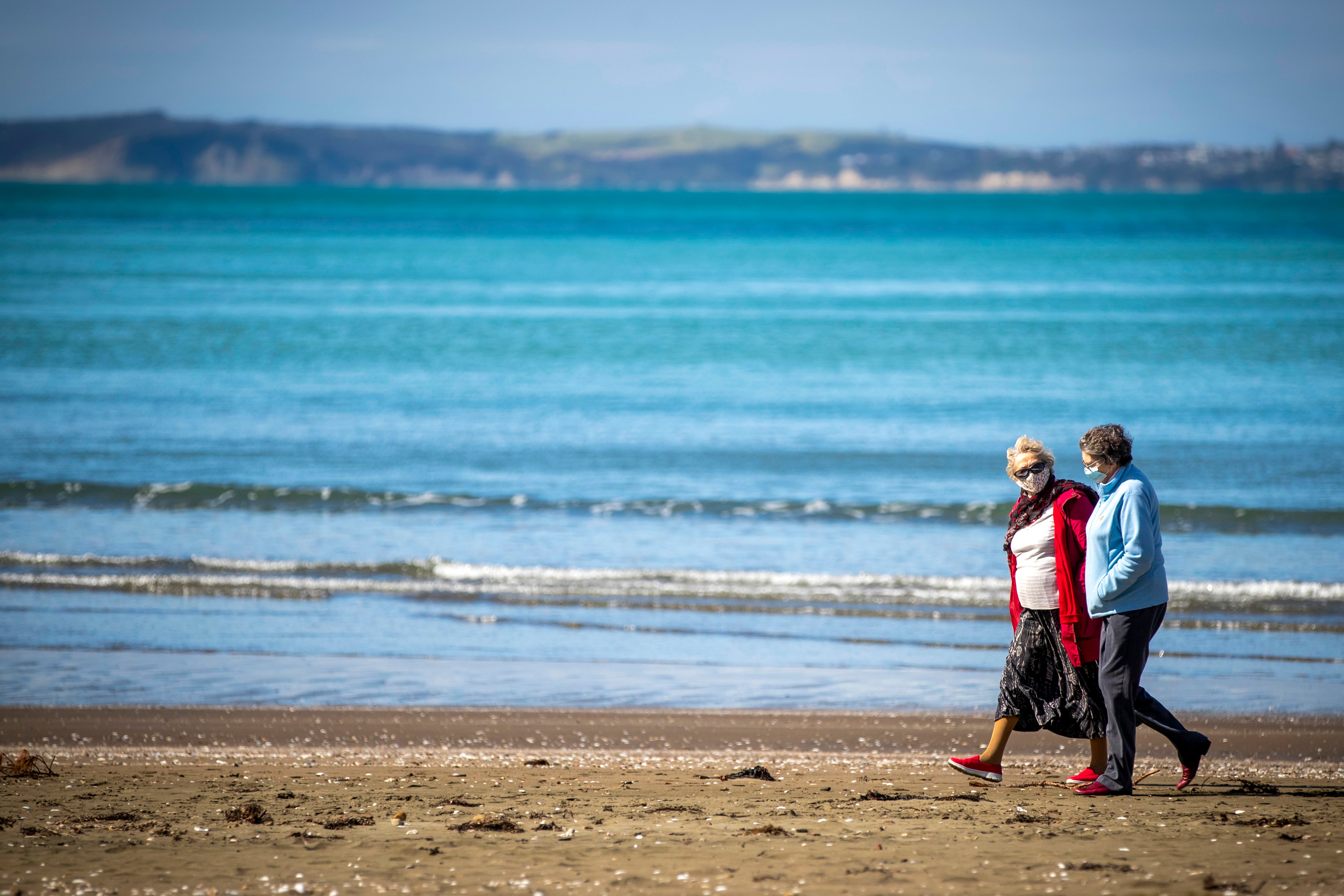Climate change pushes New Zealand to warmest recorded winter
The southern winter that just ended in New Zealand was the warmest ever recorded, and scientists say climate change is driving temperatures ever higher

Your support helps us to tell the story
From reproductive rights to climate change to Big Tech, The Independent is on the ground when the story is developing. Whether it's investigating the financials of Elon Musk's pro-Trump PAC or producing our latest documentary, 'The A Word', which shines a light on the American women fighting for reproductive rights, we know how important it is to parse out the facts from the messaging.
At such a critical moment in US history, we need reporters on the ground. Your donation allows us to keep sending journalists to speak to both sides of the story.
The Independent is trusted by Americans across the entire political spectrum. And unlike many other quality news outlets, we choose not to lock Americans out of our reporting and analysis with paywalls. We believe quality journalism should be available to everyone, paid for by those who can afford it.
Your support makes all the difference.The southern winter that just ended in New Zealand was the warmest ever recorded, and scientists say that climate change is driving temperatures ever higher.
For the three months through August, the average temperature was 9.8 Celsius (50 Fahrenheit), according to New Zealand's National Institute of Water and Atmospheric Research.
That's 1.3C above the long-term average and 0.2C higher than the previous record posted last year. Scientists have been keeping records since 1909, but most of the warmest winters have been recent.
Nava Fedaeff, a meteorologist at the institute, said that on top of a background of global warming, this year there were more warm winds than usual from the north and warmer sea temperatures.
She said the underlying warming trend can be tracked through carbon dioxide concentration, which has increased in New Zealand from 320 parts per million 50 years ago to about 412 parts per million today.
Fedaeff said snowfall at lower elevations was well below average this winter as it was often replaced with rain, which could make for lower river levels later in the year because there will be less snowmelt. That could impact irrigation for farms, she said.
There were also more extreme weather events, Fedaeff said, including severe flooding in some places and dry spells in others.
Professor James Renwick, a climate scientist at the Victoria University of Wellington said that in the short term at least, some New Zealand farmers with cow or sheep herds might benefit from a longer grass-growing season.
But he said the changes were also putting pressure on natural ecosystems and over time, more species would face extinction. He said it was imperative for humans to slow the rate of greenhouse gas emissions.
“If we don't get on top of warming soon, there is going to be grief for large sections of the world," Renwick said.
Renwick said that New Zealand had talked a lot about climate change but had so far done little to curb its emissions. But he said there were now good government policies in place, including a pledge to become carbon-neutral by 2050.
He said there were plenty of natural resources like wind, sun and water that could provide renewable power for the nation's energy needs.
“New Zealand could become world-leading in green energy and a green economy,” he said.